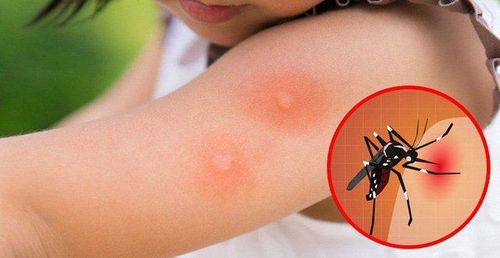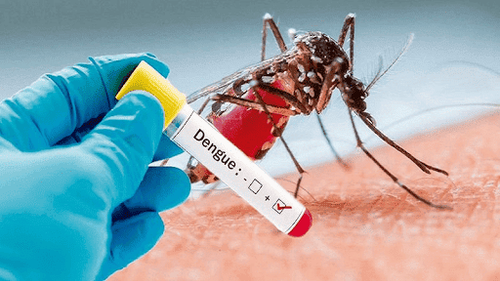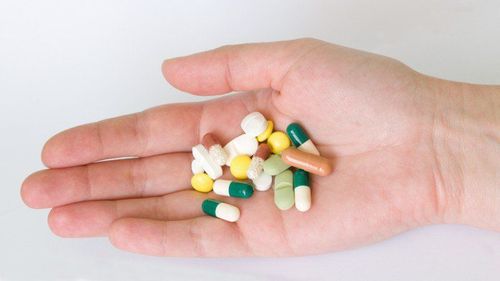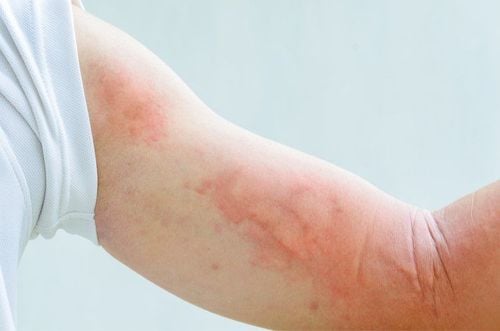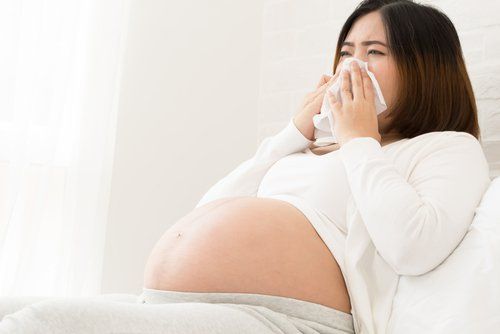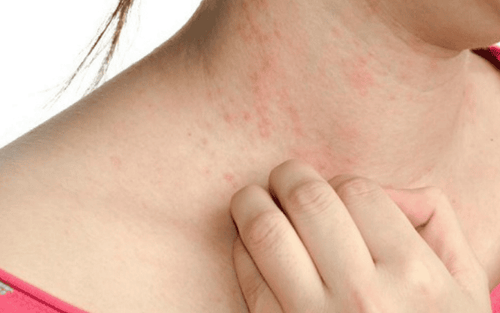MSc. Dr. Nguyen Thi Ngoc, General Practitioner, General Health Examination Unit, Vinmec Central Park International General Hospital, provided expert consultation on this article.
Understanding and precisely assessing the IgM and IgG antibody indices in the test can assist clinicians in accurately diagnosing dengue fever and treating it quickly and effectively.
1. The meaning of IgM and IgG in dengue fever
Dengue fever often has similar initial signs and symptoms to other forms, making it difficult to distinguish. As a result, diagnosing the disease requires tests and specialized markers.
IgM and IgG levels are two significant indications of dengue illness. However, for the most precise findings, the doctor will recommend a test that combines the Dengue NS1 antigen with IgM and IgG antibodies, which also aids in accurately determining the type of serum generated by the Dengue virus. The NS1 antigen and IgM antibody will help the doctor identify whether the patient's fever is caused by the Dengue virus. In addition, IgG antibodies will assist in establishing whether the patient has recently experienced such a fever. If the results demonstrate that IgG is positive, the patient has secondary dengue fever. NS1 antigens typically emerge in the blood in 1–9 days, IgM antibodies in 3–4 days, and IgG antibodies in 14 days after the original dengue infection.
2. Diagnostic tests for dengue fever
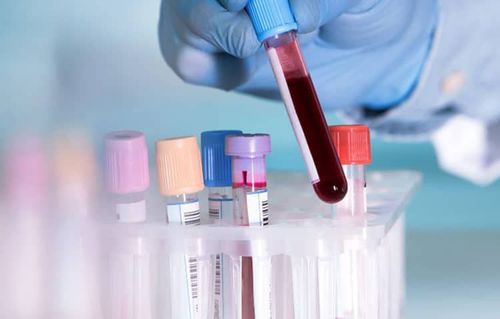
Dengue fever, one of the acute diseases that can produce dengue virus epidemics, is caused by Aedes mosquito bites on humans. Most tropical settings are suited for the disease's rapid spread. Every year, Vietnam experiences a hot season from July to October, which is when the chance of an outbreak is highest.
Dengue fever presents with typical clinical indicators, making it difficult to distinguish from other types of fever. Because there is no specific drug to cure or prevent and control the condition, most doctors will rely on test markers to determine whether the dengue virus has entered the human body or not.
In addition to clinical signs of the disease, tests, and molecular biological methods help detect the disease accurately and early.
2.1 General blood analysis
White blood cells: The number of white blood cells in the blood decreases when the Dengue virus is present. When Dengue is eliminated, white blood cells and neutrophils will increase again.
Platelets: the risk of bleeding will be higher when the number of platelets decreases sharply. The appearance of the Dengue virus causes the platelet count to decrease, possibly below 100 Giga/L.
Hematocrit: the hematocrit index will increase to 20%, exceeding the standard index threshold of the patient. Note that the index exceeding 45% is when the blood is concentrated.
2.2 Molecular biological testing
When the index of detection antibodies appears slower, people determine the presence of RNA-Dengue virus in the blood from the early days when dengue fever has no specific clinical signs. Most of these tests are available in places with modern and complete equipment.
2.3 Immunological tests
Immunological tests help detect Dengue NS1 antigens and IgM antibodies, anti-Dengue IgM and IgG antibodies, and anti-Dengue IgG. Index tests can detect the presence of antibodies late because they often appear after the primary Dengue infection.
- Quantifying Dengue IgM antibodies: The IgM index appears slowly during the primary Dengue period, most patients detect it on days 3-4 from the onset of fever. Dengue IgM exists for about 90 days in the blood.
- Quantifying Dengue IgG antibodies: During the primary period, Dengue IgG is almost not seen in the acute phase but is only seen when the body enters recovery. In the secondary stage, Dengue IgG is present from the acute stage. It will increase 4 times compared to the previous level at the recovery time, usually on the 14th day after the primary Dengue infection.
Specifically, the tests are:
NS1 antigen test
- Dengue NS1 rapid test (can combine NS1 test with IgG and IgM test)
- Dengue NS1 ELISA test
IgM/anti-IgM and IgG/anti-IgG antibody test - Combining IgM and IgG test, or NS1 rapid test with IgM and IgG
- Anti Dengue IgM ELISA test
- Anti Dengue IgG ELISA test
- Anti Dengue IgM,IgG ELISA test
Rapid tests support and screen for the most accurate and early diagnosis of the appearance of the Dengue virus. Rapid tests provide results with a sensitivity of up to 92% and a specificity of 75 to 95%.
3. How to interpret dengue fever diagnostic test results.
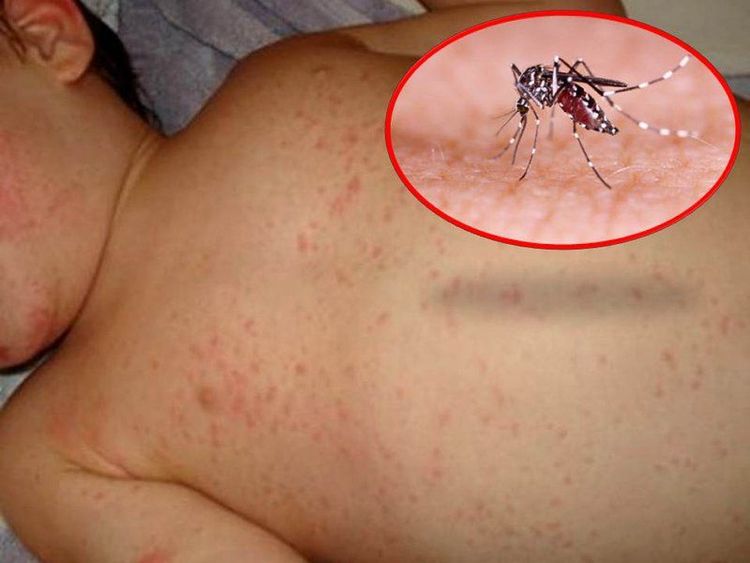
Stage 1: Day 1-5 immediately after the fever
- Dengue NS1 index positive, IgM negative, IgG negative, Dengue RNA harmful => primary dengue fever, disease status in the early stage.
- Dengue NS1 index positive, IgM negative, IgG negative, Dengue RNA positive => primary dengue fever, disease status in the acute stage.
- Dengue NS1 index positive, IgM positive, IgG negative, Dengue RNA positive => primary dengue fever, disease status in the acute stage.
- Dengue NS1 index positive, IgM negative, IgG positive, Dengue RNA positive => secondary dengue fever, disease status in the acute stage.
- Dengue NS1 index positive, IgM positive, IgG positive, Dengue RNA positive => secondary dengue fever, disease status in the acute stage.
- In all tests, days 3 and 4 are when the highest virus infection rate is detected; days 5 and 6 can detect a higher rate of antibodies than antigens.
Stage 2: Days 6-9 immediately after the fever
- Dengue NS1 index is positive, IgM is positive, IgG is negative, Dengue RNA is positive => primary dengue fever, the disease is acute.
- Dengue NS1 index is positive, IgM is positive, IgG is positive, Dengue RNA is positive => secondary dengue fever, the disease is acute.
Stage 3: From day 9 after the fever
All tests show a decrease in the index, the value for diagnosis decreases, and the positive index only falls to 0.8 to 1.6%.
With a total blood analysis test, the number of white blood cells in the blood can decrease, the number of platelets decreases, causing a risk of bleeding, the amount of plasma escaping causes concentration in the blood, and small blood spots appear under the skin.
Dengue fever is a disease that has no specific treatment or preventive medicine; therefore, ensuring accurate results of IgM and IgG antibody diagnostic tests will help treat the disease and help it recover as quickly as possible.
To arrange an appointment, please call HOTLINE or make your reservation directly HERE. You may also download the MyVinmec app to schedule appointments faster and manage your reservations more conveniently.





